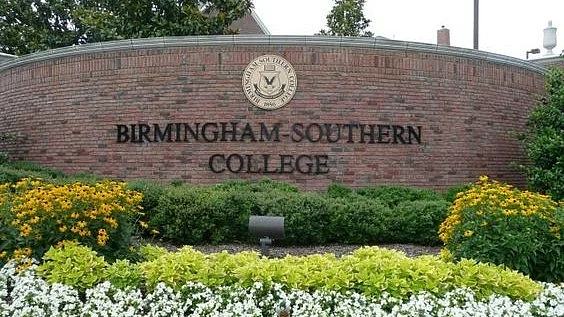Birmingham-Southern College, a prominent private liberal arts institution in Birmingham, Alabama, is preparing to cease operations by the end of May, marking a poignant conclusion to its nearly 170-year legacy. The decision comes after the college's bid for a substantial loan from the state fell through.
The board of trustees, in a unanimous vote on Tuesday, resolved to close the institution, prompting formal notifications to the college's students and staff shortly afterward. Rev. Keith D. Thompson, the board chair, lamented the decision, describing it as a sorrowful day for the college, its community, and the state of Alabama.
The college has grappled with financial difficulties for years, exacerbated by the 2009 recession and the subsequent impact of the COVID-19 pandemic. Despite hopes for a lifeline in the form of a multimillion-dollar loan approved by Alabama lawmakers, State Treasurer Young Boozer III twice denied the loan, citing concerns about the college's financial stability.
Birmingham-Southern's president, Daniel Coleman, had proposed an ambitious plan to utilize the loan to sustain operations while seeking to bolster the college's endowment through private donations. However, legislative efforts to modify the loan program and transfer approval authority from the state treasurer to the Alabama Commission on Higher Education ultimately proved insufficient to salvage the college's future.
The closure decision, reached during spring break, has sparked discussions about the value of a liberal arts education and the ramifications of losing a longstanding educational institution in the region. While the college's allies underscored its contributions to the community and local economy, critics questioned the wisdom of extending public assistance to an institution plagued by financial mismanagement.
Amidst these debates, the focus remains on supporting affected students and staff members. The college has initiated efforts to facilitate student transfers to other institutions, both within and outside Alabama, while ensuring that seniors nearing graduation can fulfill their remaining requirements online or at alternative schools.
Dr. Laura K. Stultz, a provost and faculty member, affirmed the college's commitment to prioritizing students' needs, pledging comprehensive assistance to help them seamlessly transition to new educational paths.




























